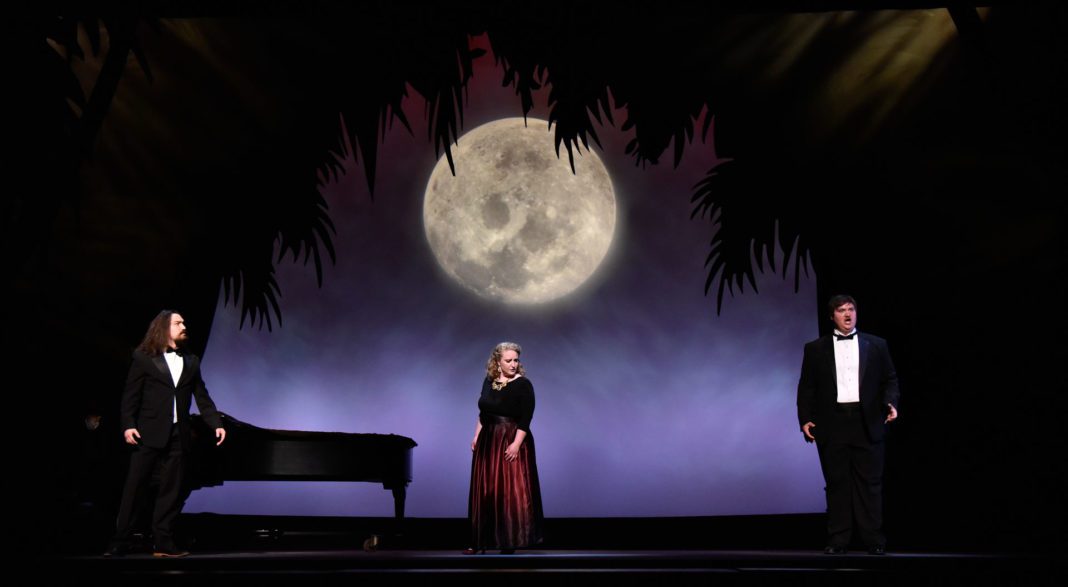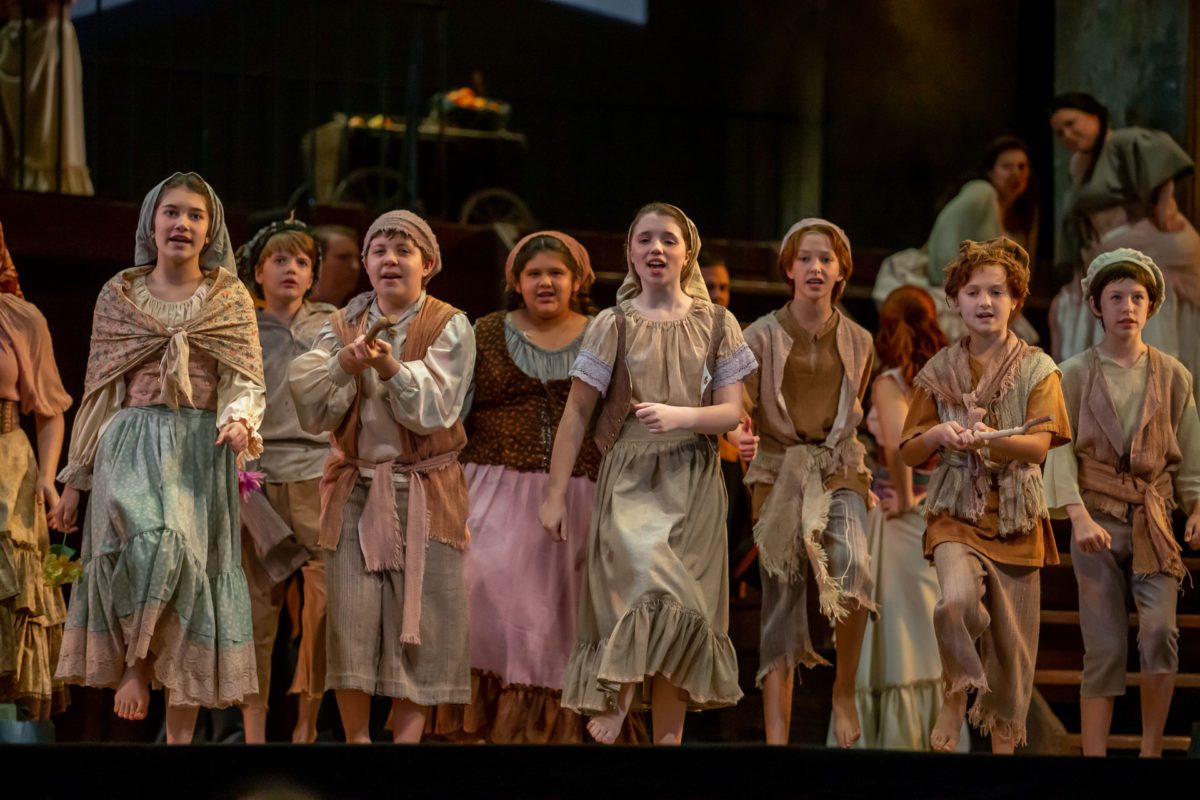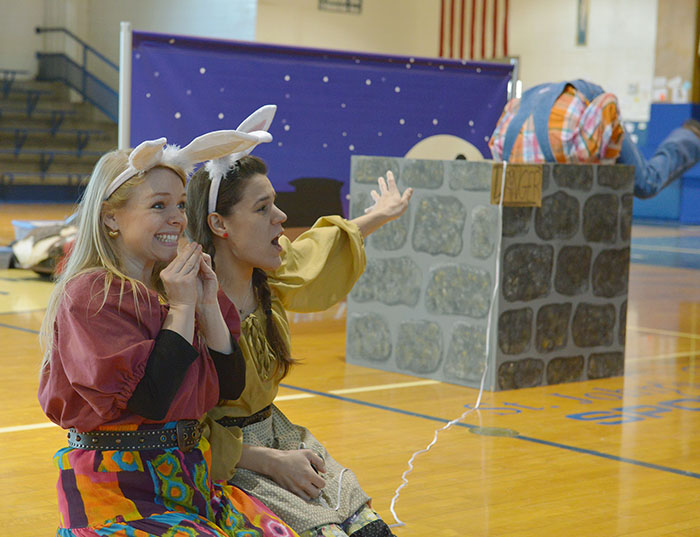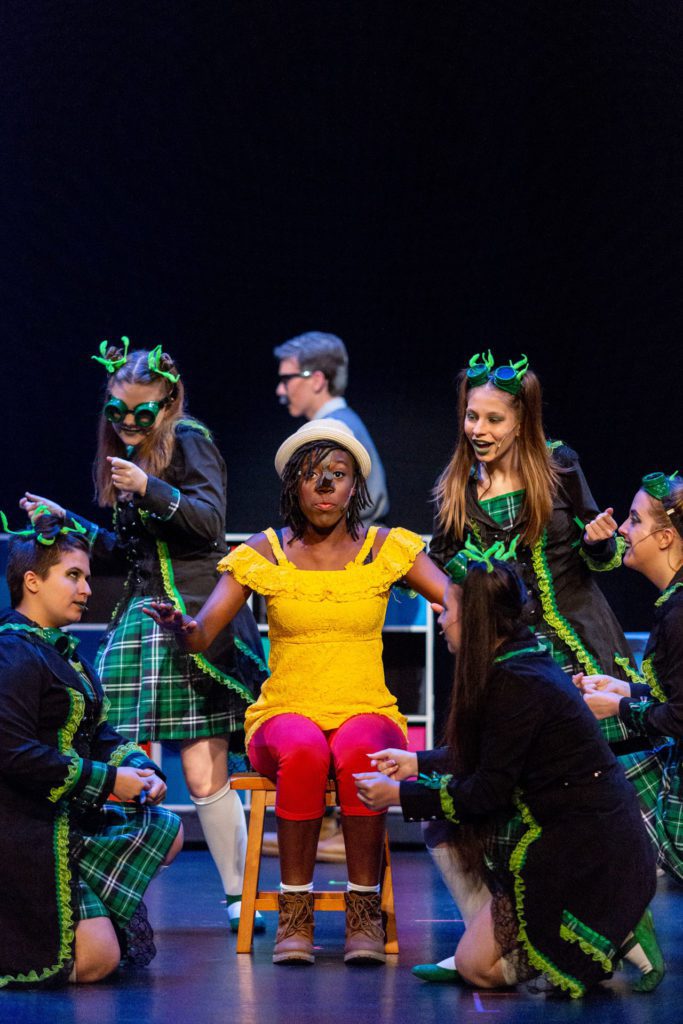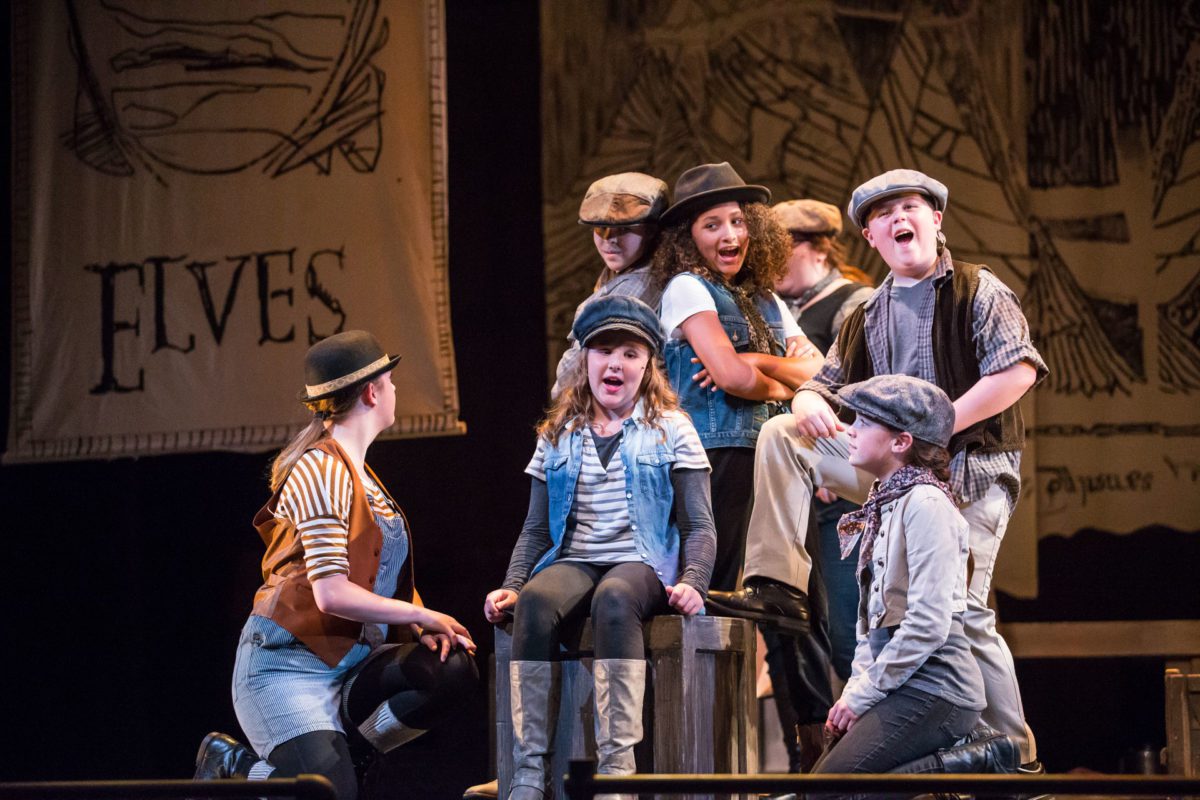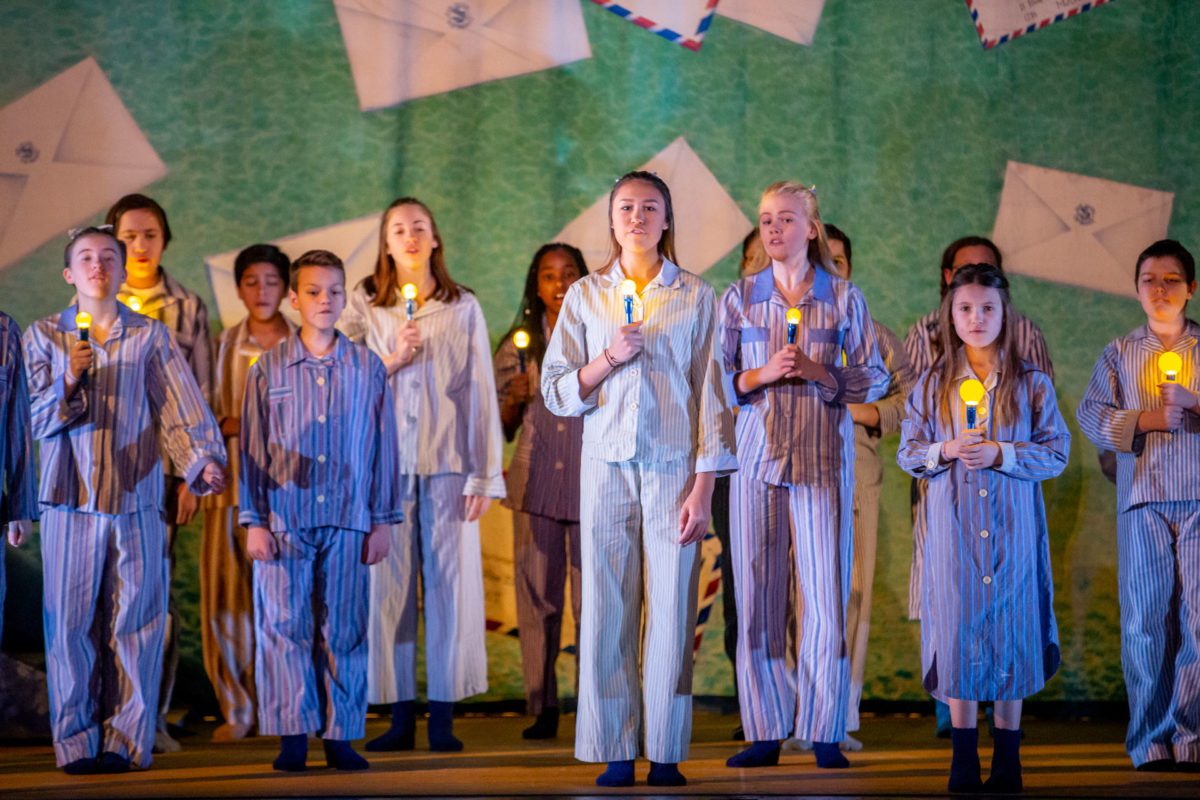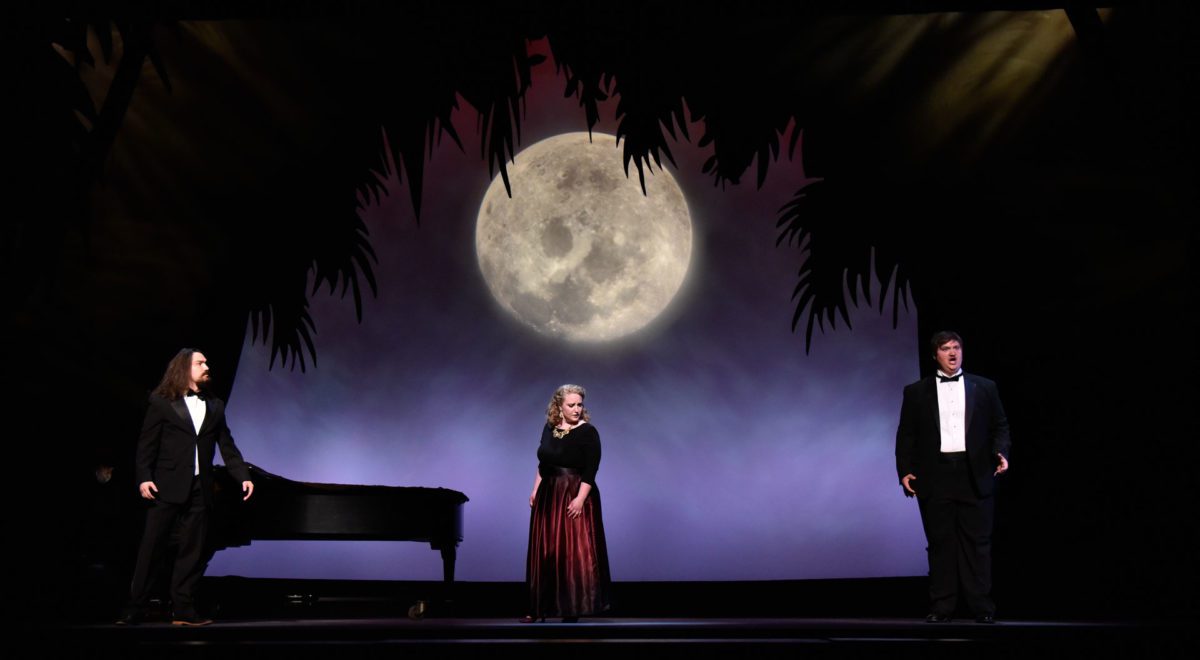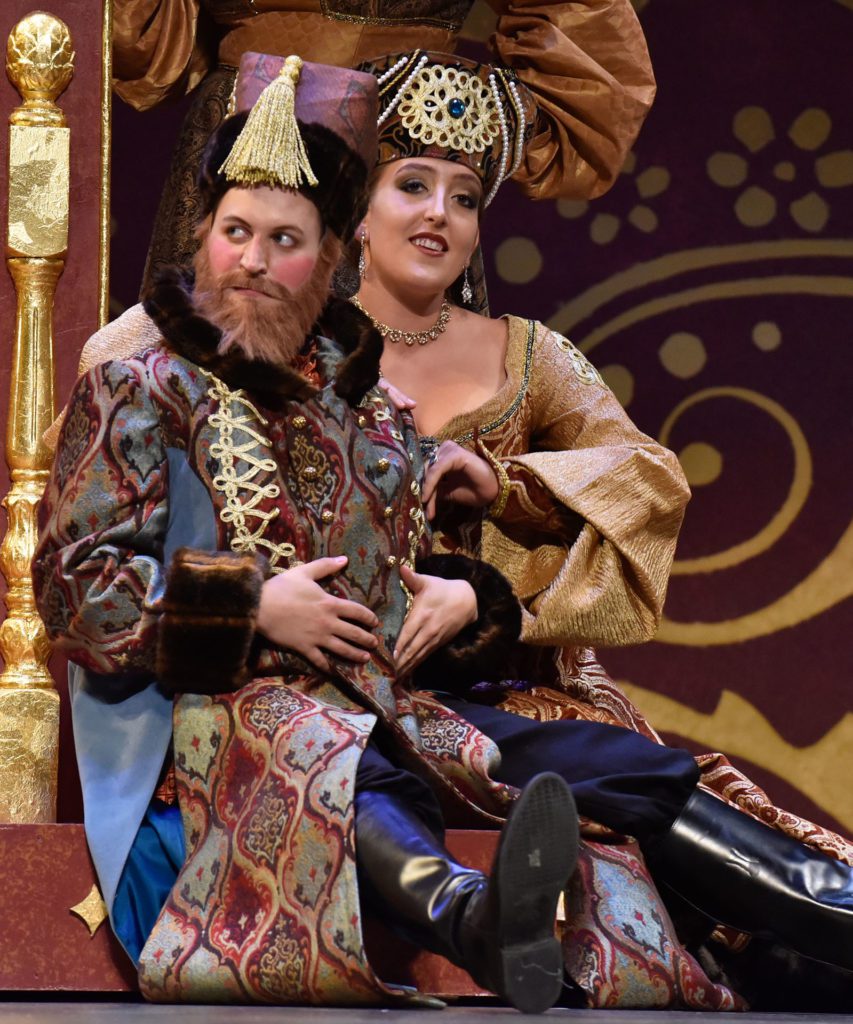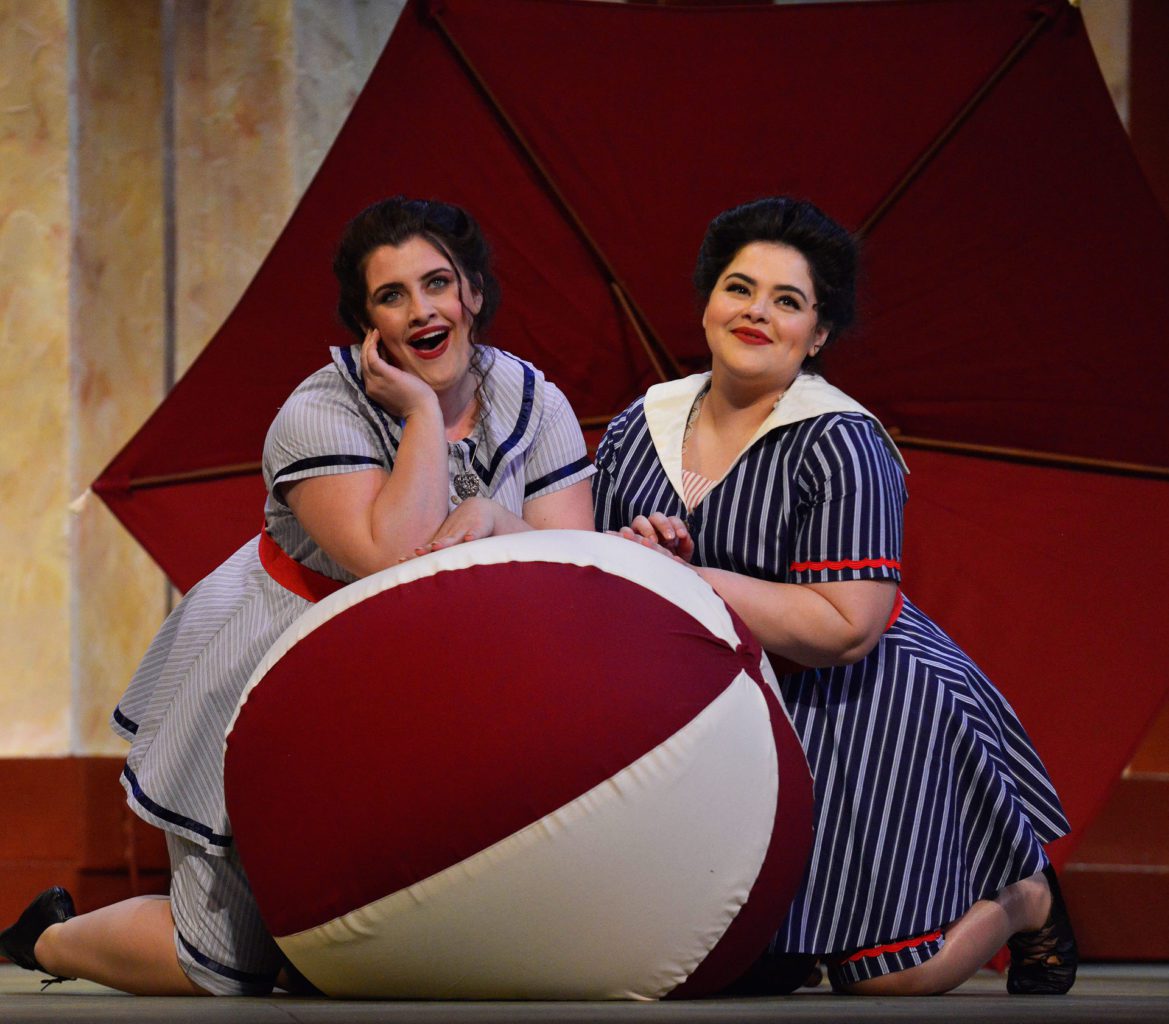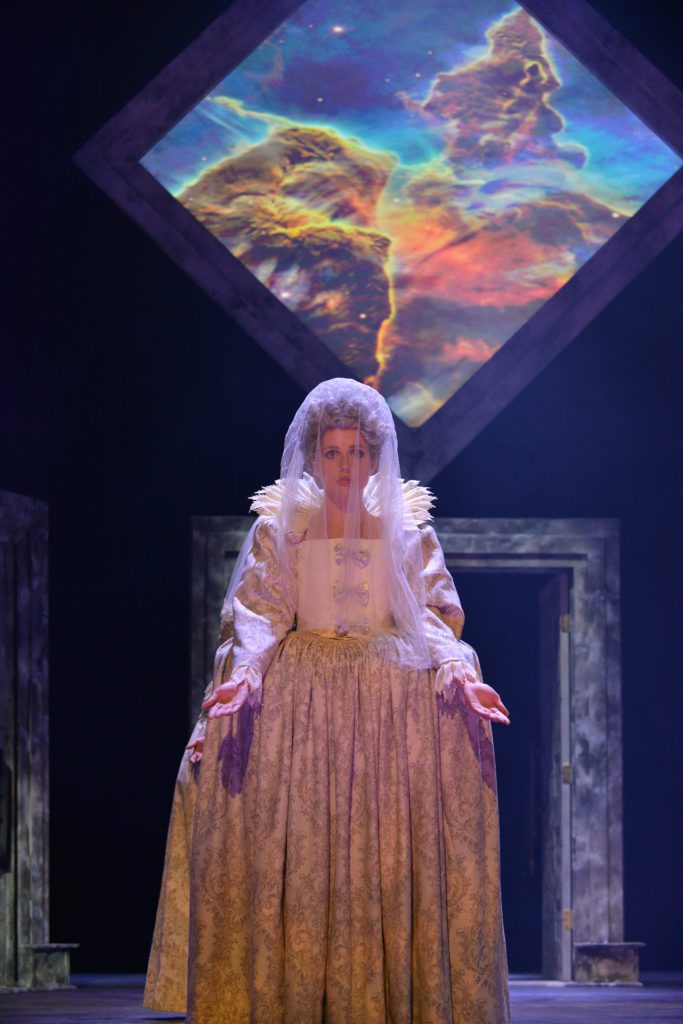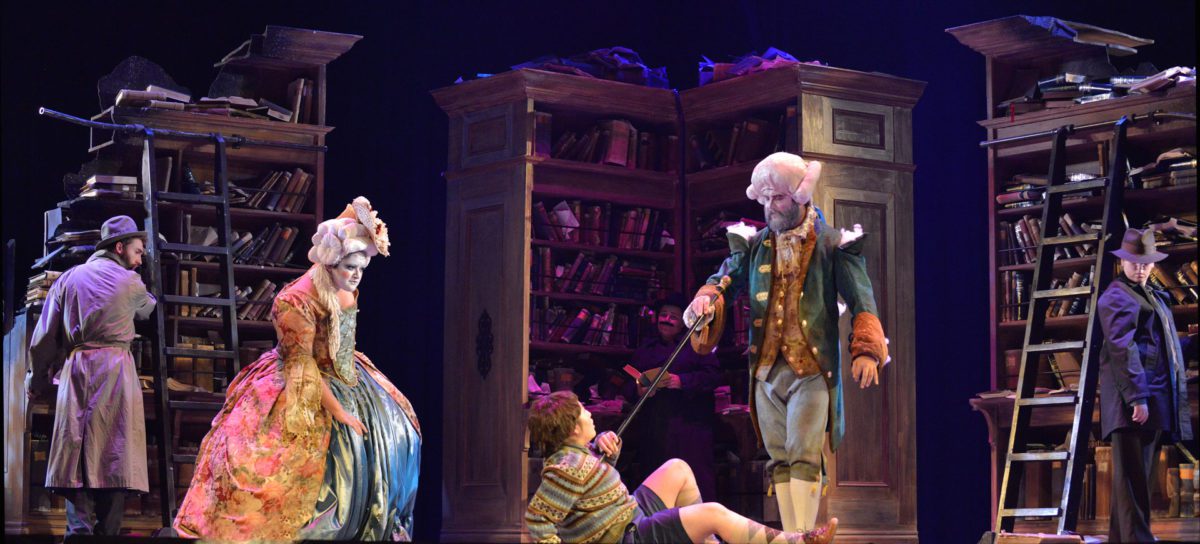Opera, a flourishing art form in Oklahoma, is supported by performing arts companies and competitive collegiate programs. Those passionate about this mixture of singing, acting, music and dance work diligently to appeal to young generations.
“At Tulsa Opera, we have programs for all levels of students,” says Aaron Beck, the company’s artistic administrator and director of education. “Young children might begin their opera exposure through a visiting performance through our Opera on Tour! Program, where we bring a short, child-friendly opera directly to students.”
Depending on their music teacher, says Beck, these students might learn the basics of opera before they arrive, or know little to nothing about it.
“We’re currently in ten Tulsa Public Schools and community organizations, teaching students who want to study [opera] but can’t through their regular schools,” says Beck. He adds there is no charge to families or schools for this program.
“Opera is the ideal art form for young people learning to perform,” he continues. “That might sound like a strange statement to some people, but opera incorporates all of the arts into one: singing, instrumental music, acting, dance and visual art all together.”
The first opera in Oklahoma was performed in 1904.
“Opera has been an integral part of our state since before we were a state,” he says. “Tulsa Opera has been around for almost 75 years, and we’re proud to offer not only professional operas for the public, but education programs that reach over 25,000 students across the state each year. Most of the kids we reach won’t be opera singers, but that’s not our ultimate goal; if we’ve created well-rounded arts lovers, we’ve succeeded.”
For those who are ready to move on to college-level instruction, Oklahoma City University takes up the challenge to foster local opera singers.
“Opera companies have finally realized they have to be relevant,” says David Herendeen, Ph.D, a professor of music and the director of opera and music theater at OKCU. “Everybody wants to be moved and entertained. Opera should be an emotional, theatrical sugar rush, not an ‘eat it because it’s good for you’ experience.”
Herendeen stresses: “Each of us, as an individual, lives an epic, operatic, emotionally rich life. We all respond to music messages that verify our own drama.”
Jonathan Shames, the director of orchestral studies and the artistic director and conductor of the OU Opera Theater, describes opera as “multi-faceted. In my experience, young people respond with great fervor to the drama and beauty of opera – the excitement and romance of the plots, and the incredible emotional range of the music.”
Shames believes opera communicates to all ages in different ways, and can reach enthusiastic audiences anywhere.
“Opera in Oklahoma is very healthy, with excellent professional companies, as well as significant college and university departments and productions,” he says. “We have lots of wonderful singers coming up in our schools, and plenty for them to do as they develop and refine their operatic skills and ambitions.”
The Life of an Operatic Performer
OKCU’s David Herendeen, who performed as a resident baritone at the Deutsche Oper Berlin while the Berlin Wall was still up, provides a bit of insight into the life of an opera singer:
Opera life is like any other performer’s life
Careers have a beginning, middle and end
Opera performers’ careers vary in success and length
A career in opera make one resilient and introduces those within it to different people and cultures
Herendeen’s life as a performer was “fulfilling, exciting, scary, daring, frustrating and happy!”






















